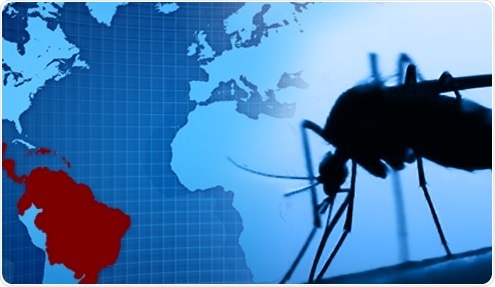Jan 23 2019
Previous infection with dengue virus may protect children from symptomatic Zika, according to a study published January 22 in the open-access journal PLOS Medicine by Eva Harris of the University of California, Berkeley, and colleagues.

Credit: AFMC Public Affairs, U.S. Air Force
Zika virus emerged in northeast Brazil in 2015 and spread rapidly across the Americas, affecting populations that have been largely exposed to dengue virus. Because Zika and dengue viruses are closely related, it is possible that pre-existing dengue virus immunity may also impact susceptibility to Zika. But the impact of previous exposure to the dengue virus on outcomes in those infected with the Zika virus remains unclear. To study this potential impact, Harris and colleagues analyzed the large 2016 Zika epidemic in Managua, Nicaragua, focusing on a pediatric cohort with well-characterized dengue virus immune histories. The long-term, community-based cohort study, currently in its 15th consecutive year, followed approximately 3,700 children aged 2-14 years old.
The authors found that prior and recent dengue virus infection was associated with protection from symptomatic Zika virus infection in the total cohort population and among those infected with the Zika virus. By contrast, prior or recent dengue virus infection did not affect the rate of total Zika virus infection. These findings support the idea that prior dengue virus immunity might cross-protect against symptomatic Zika. According to the authors, more research is needed to address the possible immunological mechanisms of cross-protection between Zika and dengue viruses and whether dengue virus immunity also modulates severe outcomes of Zika virus infection such as neurological or congenital syndromes.